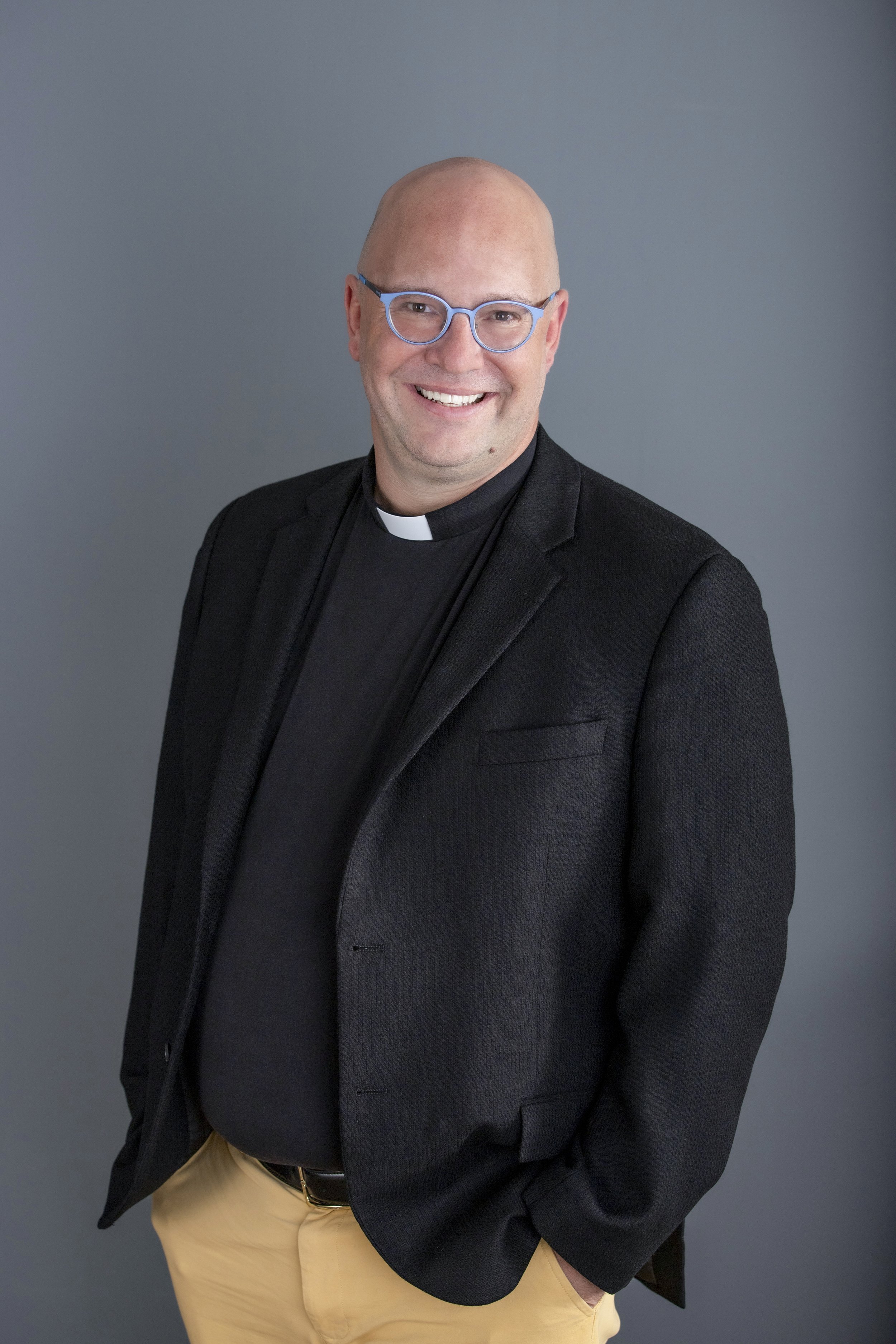Church Anew Blog
Get Updates in Your Inbox
Want to stay up-to-date with the Church Anew Blog? Sign up for our weekly blog round-up.
Off-Script Christian Parenting: On tattoos and red wagons
Christian parenting is tough. On one hand, I desperately want my two daughters to have faith in God. I want them to experience the church as a place that models the love of God. I want them to be compelled to act when they see the image of God in their neighbors. On the other, I don’t want the weight of my expectations to become an unbearable burden. And, if I’m honest, my expectations are weighty.
EXPLORE OUR ARCHIVE OF ARTICLES FROM
Walter Brueggemann
Get Updates in Your Inbox
Want to stay up-to-date with the Church Anew Blog? Sign up for our weekly blog round-up.







